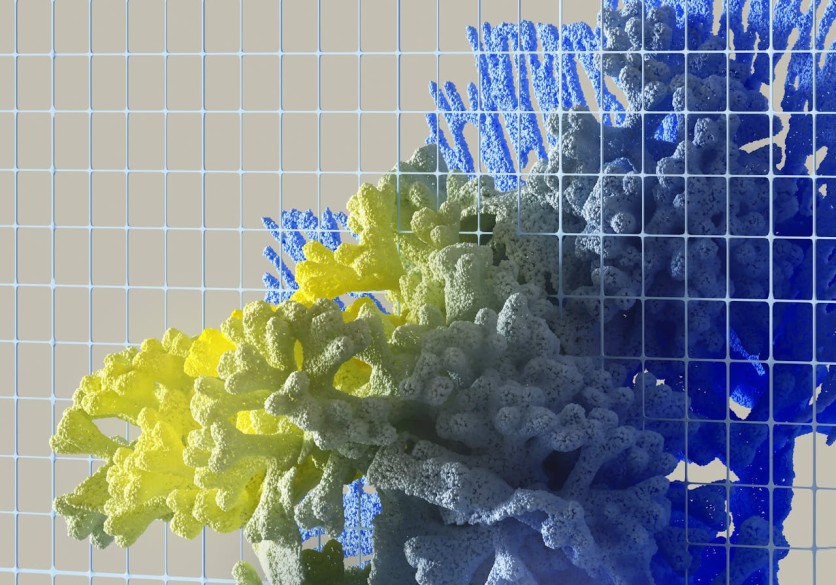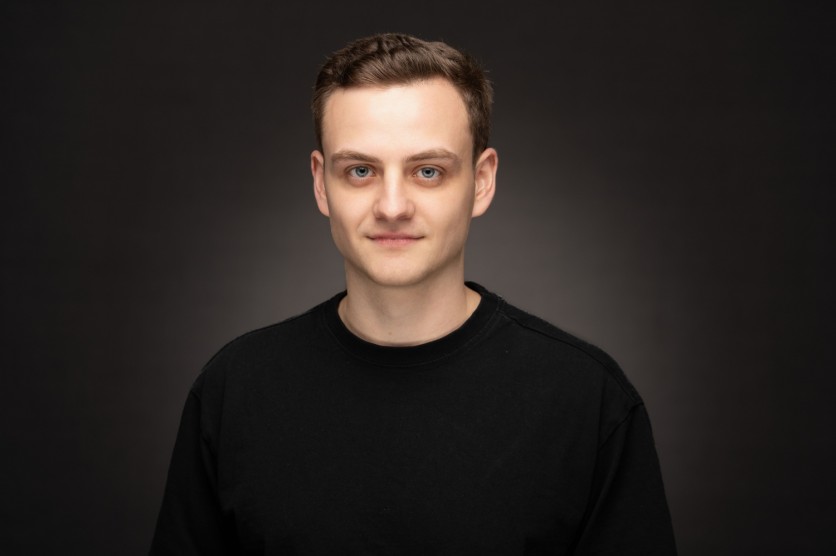
When science fiction became a reality and artificial intelligence took the world by storm, it was met with mixed attitudes. Some criticized its potential to eliminate jobs, while others embraced the idea that it could relieve the workforce of mundane burdens and allow human workers to focus on more engaging tasks.
Unfortunately, AI is increasingly validating the concerns of the first group. Instead of being leveraged to automate the mundane, it's most commonly used to mimic artistic expression (whether it's writing, art, etc.) and effectively adulterate the human experience.
But AI specialists like Felix Eckert are making significant strides to bring about a different world—a world in which society relies on AI to eliminate time-consuming, menial tasks and free them to do more meaningful work.

The Invisible Tasks That Kill Productivity
If you stopped to think about it, you'd surely be able to come up with some responsibilities that don't seem to mean much but still somehow take up a lot of your time. A few examples might include:
- Data entry
- Filing reports
- Lead management
- Bill payments
- Scheduling
- Performing backups
- Assigning work to employees
But you might be surprised to learn just how much time the average worker loses to menial tasks. In just one study, it was reported that over 40% of workers spend at least a quarter of their workweek on repetitive tasks.
Other studies report even more concerning data, including that employees spend 60% of their time on repetitive tasks that are not their core job function ("work about work").
As you can see, workers aren't spending mere minutes on these jobs—it's hours. Over the course of the year, it's weeks. All of this time could be spent on more meaningful work that both engages an employee's mind and drives revenue for the business. So why isn't AI being used to fix this?
The Potential vs. Reality of AI
After being the stuff of science fiction for over a century, AI is now a real-world concept and a household name. Of course, it's been used in the business realm for decades in some form or another, but thanks to the explosive growth of applications like ChatGPT, AI has gone mainstream.
But instead of being used to improve the human condition and relieve workers of mindless tasks that take up way too much time, AI is being used to create digital art and mimic professional writing. Instead of giving humanity more time to enjoy creative pursuits, it's robbing them of life-changing opportunities. Artists are seeing their careers suffer as people would rather generate a free image than commission artwork. Writers are being fired as their positions are replaced by an unimaginative algorithm. Even big-budget Hollywood films, backed by producers who have more than enough resources to hire artists, are starting to utilize AI-generated content.
Of course, AI is not an inherently bad concept—it's just focusing on the wrong thing. The truth is that AI is capable of much more than generating content. In the context of business and repetitive tasks, for example, most of an employee's menial work can be automated with AI, freeing their time and vastly increasing productivity. With 78% of business leaders believing that automation enhances productivity, it should be a priority for every organization that wants to grow faster.
How One AI Expert Aims to Solve These Issues
Automation is nothing new. However, it could be dramatically more effective when paired with advanced AI technologies like ChatGPT.
This is Felix Eckert's approach to solving the problem of human productivity.
Historically, AI technologies have had no way to control your computer. You can't ask ChatGPT to check your email, find a customer complaint, forward it to the appropriate department, and let the customer know that someone will get back to them. You could use it to draft an email, but that's about as far as you could go.
But Eckert believes processes like these should be the focus of artificial intelligence. That's why he created CloudCruise.
CloudCruise marries AI and automation in a way that few other companies are doing. In a process known as robotic process automation, CloudCruise takes the reins and uses AI to operate a browser just like a person would, accomplishing a significant amount of work with no human interference.
This is in stark contrast to traditional automation, which often relies on some manual input or restrictive APIs and fails to make the workflow truly hands-free. CloudCruise, on the other hand, can be given simple prompt-like instructions, processed as ChatGPT would, and then performed in real-time. It works right alongside you in a browser tab while you do more engaging work. While you might need to occasionally adjust a specific workflow and customize it to your needs, CloudCruise takes these adjustments in stride and adapts accordingly.
Eckert's goal for the company is to change the way people do work, freeing up their time so they can focus on interesting tasks. If it can be done in a web browser and you don't want to do it, Eckert wants to automate it with CloudCruise.
Combating the Harsh Reality of Artificial Intelligence
Eckert compares the rise of AI to the rise of the internet. Many companies will be built on it and see monumental success—while so many others will fail. But in the midst of it all, thanks to the incredible potential that AI offers, there is an opportunity to build a company that will change the world. And that's precisely what Eckert aims to do with CloudCruise.
While much of the world continues its obsession with making AI more human-like, generating pixel-perfect artwork, and spitting out realistic text, innovators like Eckert aim to use AI as a force for good—a technology that liberates humanity from menial tasks that makes work more meaningful, and redeems the one resource people can never get back: time.
ⓒ 2025 TECHTIMES.com All rights reserved. Do not reproduce without permission.




